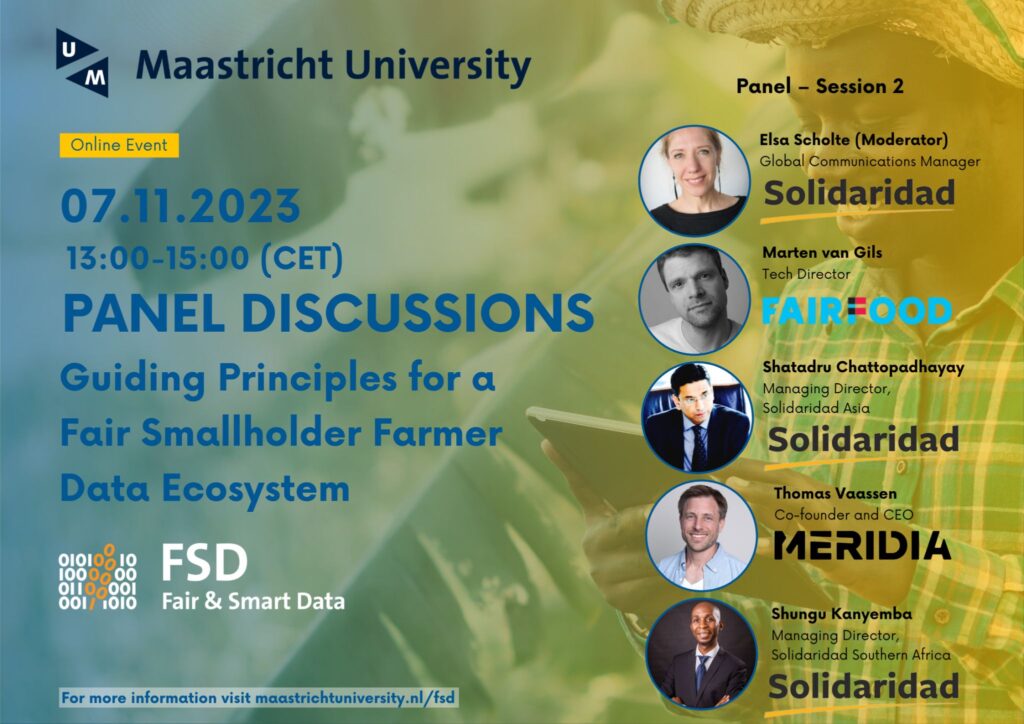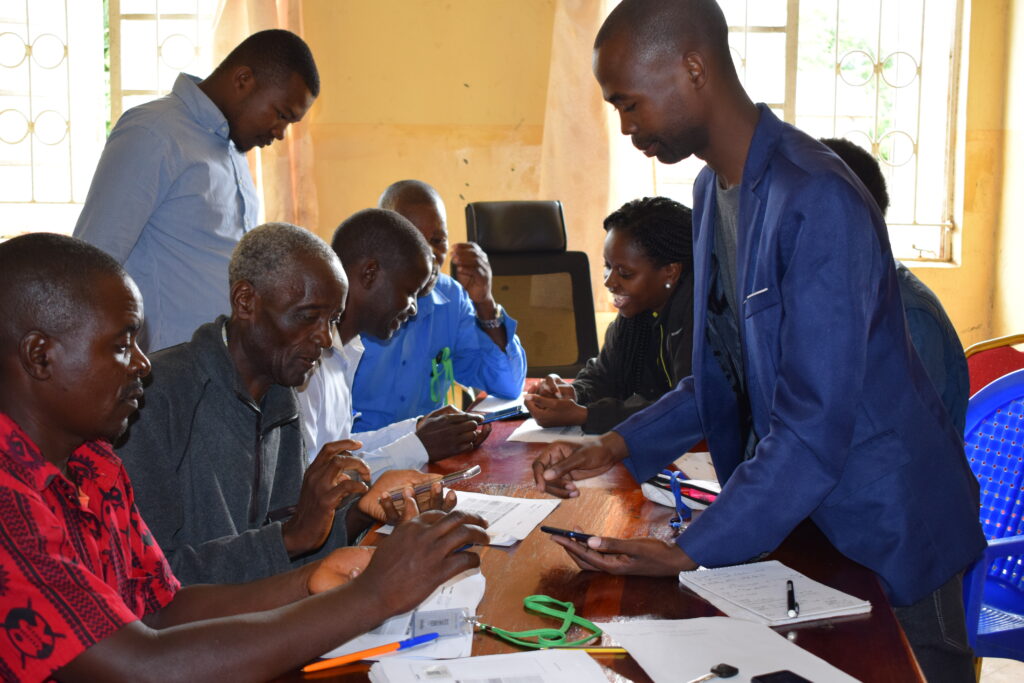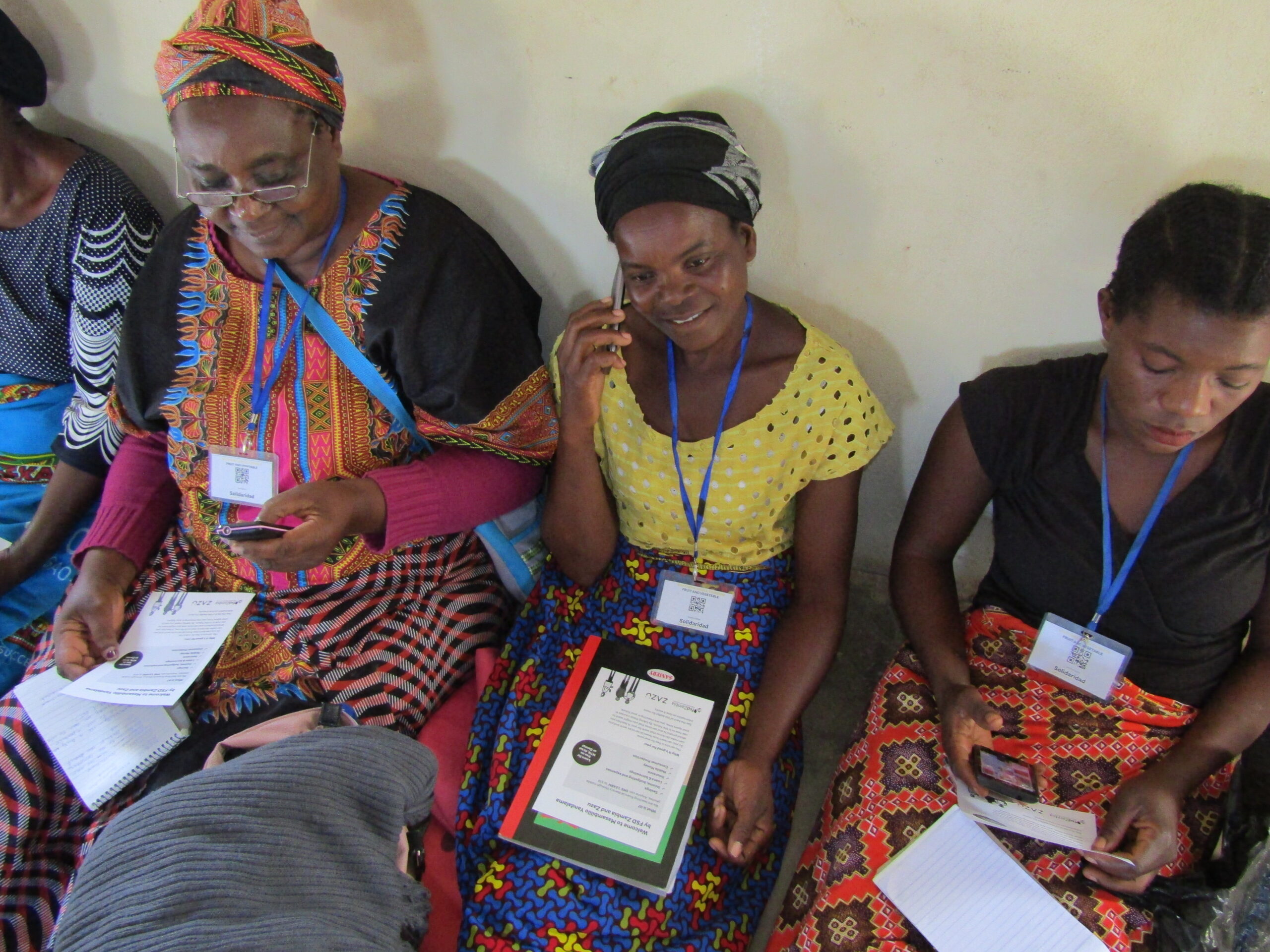Our journey begins with a simple truth: data has become a universal currency. It is the oil that lubricates the gears of our digital world. For small-scale farmers, data holds the powerful key to driving precision, sustainability, abundance, and prosperity. However, like any potent tool, it must be used responsibly.
Fair Smart Data: The Dance of Rights and Inclusion
There are legitimate concerns about potential human rights violations in a world where data flows like a river from those without to those with power. As a result, the concepts of data collection and artificial intelligence raise privacy, fairness, and ethical concerns. This is particularly true in regions like Southern Africa, where digital literacy is low and the digital divide yawns wide.
Small-scale farmers, often marginalized and voiceless, have the right to be heard. Their data, livelihoods, and dignity must be protected.
Small-scale farmers, often marginalized and voiceless, have the right to be heard. Their data, livelihoods, and dignity must be protected. This is a human rights-based approach to data governance that demands accountability, transparency, and fairness. This approach is essential to ensure that small-scale farmers are not exploited by having their data collected and used only for corporate benefit without their knowledge or consent. It also provides a premise to ensure that the data collected is used responsibly and ethically and that their rights are respected- even at the cost of keeping them isolated.

What does fair data look like?
Join Solidaridad & others on 7 November 2023 for this webinar on the Guiding Principles for a Fair Smallholder Farmer Data Ecosystem.
Bridging the Digital Divide
Yet, here is where the dance begins. While the rights-based approach is a compelling melody, another tune plays in the background: the digital divide. This chasm separates those with access to digital tools and knowledge from those without. In Southern Africa, it is an undeniable reality that small-scale farmers often find themselves in the latter category. This divide prevents them from accessing the digital tools and knowledge that could help them increase their productivity, profits, and resilience. Without access to these tools, small-scale farmers are unable to take advantage of technologies that could break them out of poverty traps.
It is here that companies like Kvuno, specializing in data organization, come into play. They understand that the digital divide is not just a technology issue but also a human rights issue. By providing essential services, access to information, and a path to digital inclusion, they work to ensure that the world of data benefits everyone, regardless of their starting point. They recognize that the digital divide can limit people’s access to essential services such as healthcare, education, and job opportunities. They also recognize that the digital divide can limit people’s access to knowledge, information, and opportunities that can lead to a more equitable society. By providing access to these services and opportunities, they work to ensure that all people have the same opportunity to benefit from the digital world.

Balancing Rights and Inclusion: Kvuno’s Dance
Kvuno’s approach resembles a graceful dance that balances the rights of small-scale farmers with the imperative to bridge the digital divide. They establish physical hubs, managed by local young people known as Kvuno agents, ensuring that farmers have access to essential services and infrastructure, even in the most remote corners.
But it’s not just about physical presence. Kvuno’s reward model, Z’wardy, is a lively jig of incentives that encourage farmers to adopt best practices. It’s a dance of empowerment and engagement, where farmers earn rewards for their activities while contributing to the generation of valuable data.
Fair Smart Data- The Call to Action
As we observe this intricate dance between rights and inclusion, we reach a crucial junction: the need for principles of data governance that assert and support producer sovereignty and rights. Maastricht University, in collaboration with Solidaridad and Rabobank, recently published the Fair Smart Data (FSD) Principles for Smallholders.
These principles of data governance focused on small-scale farmers take center stage as a set of ethical guidelines that guide the dance. These principles demand that data collection be legitimate, necessary, and fair. They emphasize the importance of clear rules, risk management, and data protection, especially in the context of local communities. They are a call to action for consciously good organizations in the public, civil and private sectors.
The call to action resounds loudly in the global auditorium. It is a call to organizations like Solidaridad, Kvuno, and others, to embrace these principles as a means to champion responsible data governance. In doing so, they are not merely performing solo acts; they are leading an orchestra of change. They position themselves as early adopters and ambassadors of groundbreaking principles, not just for their own benefit but also for the benefit of small-scale farmers and marginalized communities worldwide.
The harmony between rights and inclusion must not be overlooked in an increasingly data-driven and artificially intelligent world.
Let us remember that responsible data practices are not only ethical but also imperative for creating a just and inclusive digital future. It’s time to bridge the digital divide, uphold human rights, and empower those who nourish our world. It’s time to embrace the principles of responsible data governance and make a difference where it matters most – the dance we are witnessing may last centuries.
Shungu Kanyemba is Managing Director for Solidaridad in Southern Africa and has extensive experience in connecting smallholder farmers to digital ecosystems.
On November 7, Fair & Smart Data research spearhead is organising an online event, titled “Guiding Principles for a Fair Smallholder Farmer Data Ecosystem.” This event is a collaborative effort between Maastricht University, Rabobank, and Solidaridad, and it marks the beginning of a series of events dedicated to exploring critical aspects of smallholder data governance, infrastructure, and integration.

